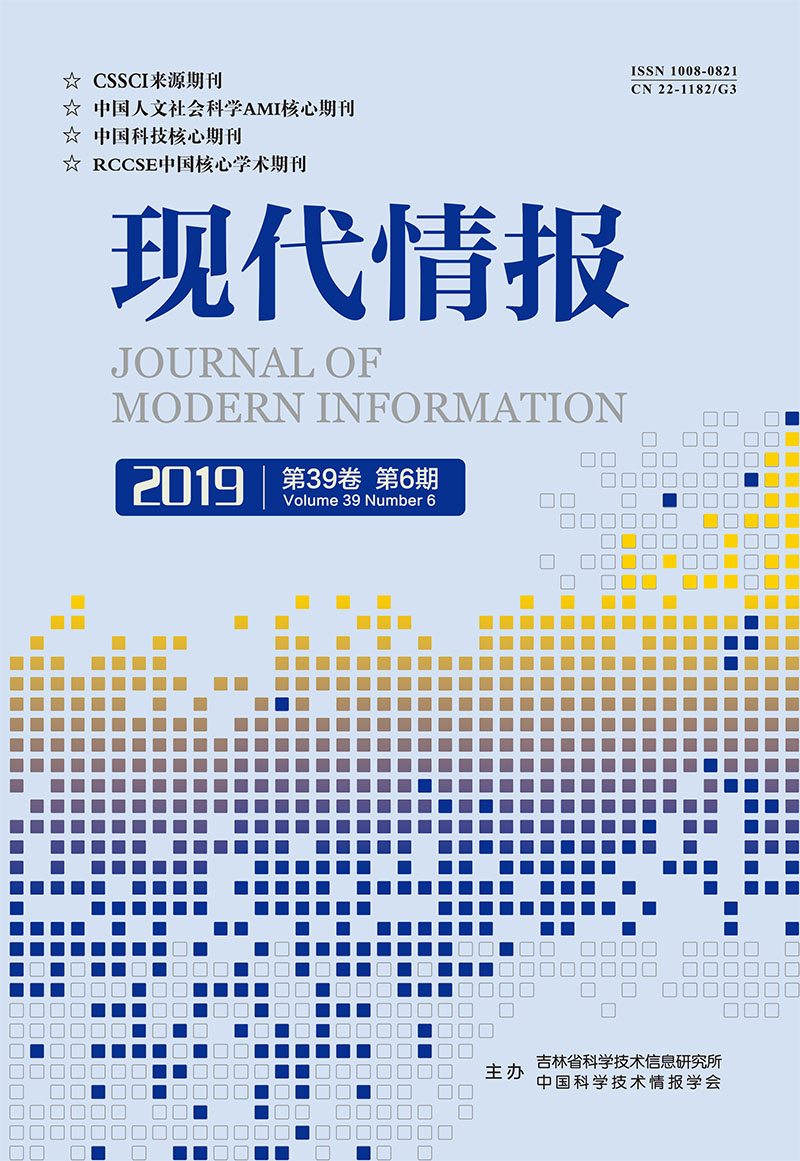Wu Shijian, Liu Guoxin, Quan Ying
[Purpose/Significance]This paper investigated the key influencing factors of knowledge sharing in academic virtual communities from subjective perception,which is helpful to guide the knowledge exchange behavior in virtual environment.[Method/Process]Based on the UTAUT model,a comprehensive effect model including performance expectancy,effort expectancy,social influence,facilitating conditions and perceived knowledge advantage was constructed.Structural equation model and regression analysis were used to analyze 352 valid questionnaires.[Results/Conclusions]The results showed that performance expectancy,effort expectancy,social influence positively affected the willingness to share knowledge,and then affected knowledge sharing behavior.Facilitating conditions positively affected knowledge sharing behavior.Perceived knowledge advantage played the role of moderator in the relationship between regulating variables,knowledge sharing willingness and sharing behavior,but the adjustment role between self-identity and knowledge sharing willingness was not significant.Increasing performance expectancy and effort expectancy of knowledge sharing,the sense of belonging,self-identity and self-efficacy of community members,and maintaining an appropriate perceived knowledge advantage were conducive to improving the knowledge sharing behaviors of virtual communities.
